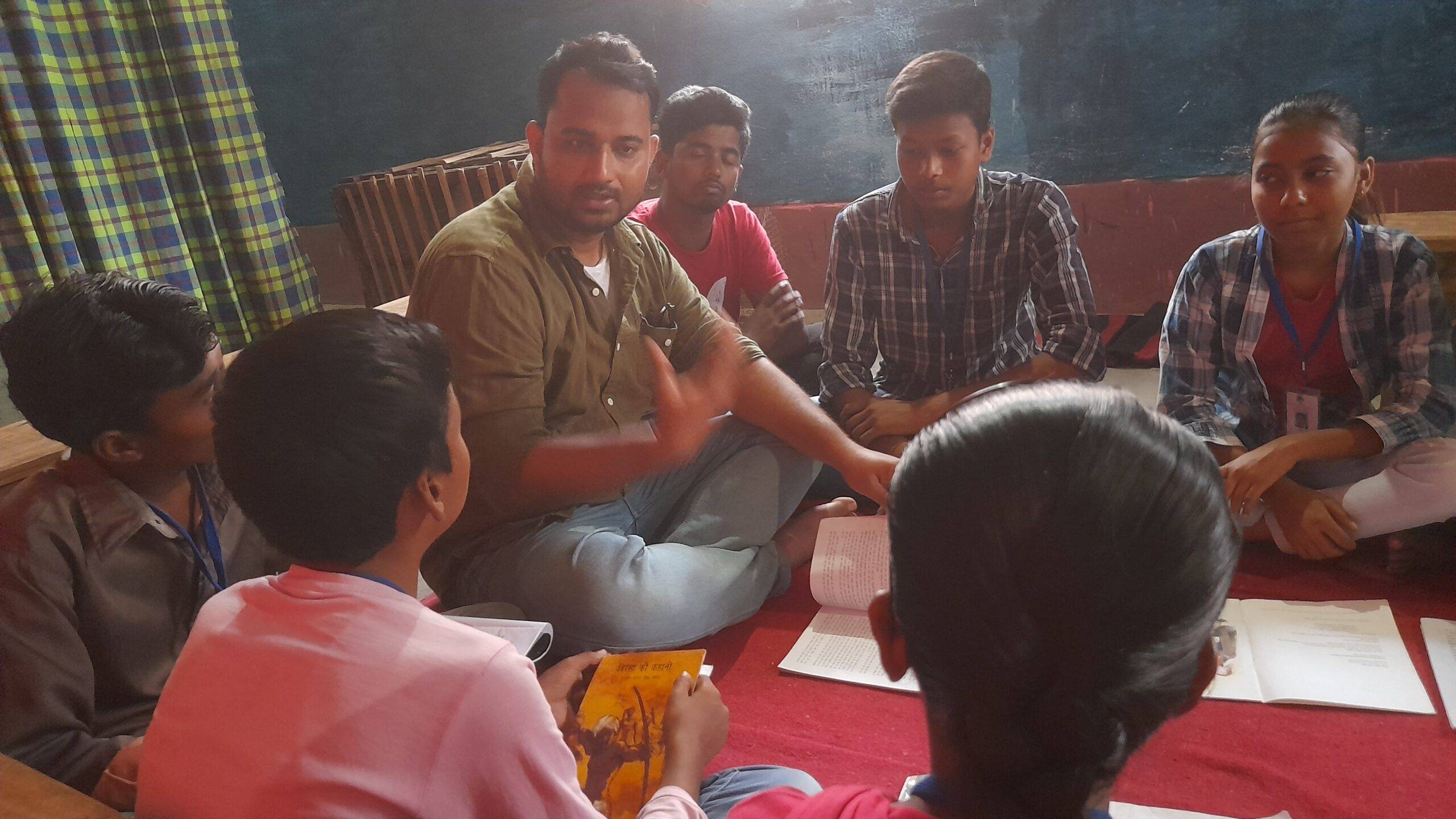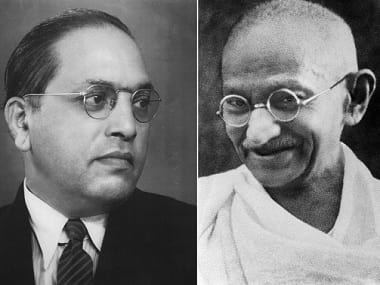Today is a special occasion, it is Ambedkar Jayanti. A day full of both historic as well and symbolic significance, a day that reminds us of the need to continue visiting the ideals of a just and democratic society based on equality, fraternity and liberty just the way B.R. Ambedkar had imagined.
I am going to make use of this opportunity to share my own experiences and experimentations regarding how I have realised and relived Dr. Ambedkar in my everyday existence.
We all must have heard news related to the deeply discriminatory and violent atmosphere under which many young minds such as Rohit Vemula and Darshan Solanki were compelled to commit suicide in educational institutions. This makes it clear that students coming from the marginalised and socially disadvantaged Dalit community are being harassed, discriminated against and compelled to take their own lives in many corners of the country. It is further ironic that stories of this kind are becoming rampant and common in our news platforms.
On February 12,2023 an 18-year-old Dalit student named Darshan Solanki committed suicide in IIT Bombay by jumping from the seventh floor of his hostel building. While a 15 year old Dalit student studying in class X in a government school in Kanpur district died of internal injuries after being brutally beaten by his teacher for a silly mistake he had made in a class test. The number and frequency of such incidents is rapidly growing and this reflects the pathetic and unfortunate state of students from the Dalit community. It also goes on to show how caste based violence, discrimination and atrocity is normalised in our society and Dalit students face victimisation and social boycott.
From the last two years I have been working in different parts of rural India and on the ground I have seen what it really means to be born in the Dalit community or be part of an economically marginalised family. Lack of food, shelter, livelihood, healthcare, education and even basic human dignity faced by Dalits and economically marginalised people in rural India compels me to reflect on my own privileges, the utility of an education that completely isolates one from the reality of the lives of the majority of India’s people and of course it also makes me question my own existence.

To find answers to these questions, we decided to begin an intervention in Bihar’s rural hinterland called Shiksha Swaraj, where we work with children of Dalit and other marginalised communities. It was founded in 2020 after the second lockdown came to an end.
Children who come to Shiksha Swaraj Centre are largely enrolled in the nearby government school, where they sit and share space with only children belonging to their own caste and community. Caste wise segregation of classrooms is not an exception but the norm here. Dalit children are commonly seated at the back and on especially demarcated benches, even their mid-day meals are served separately so that children of the upper castes do not feel uncomfortable.
The school and community both stigmatise and dehumanise them as inferior, polluted or dirty. The identity of being a Dalit is associated with many occupations such as agricultural labourer, house-helpers, manual scavengers, cleaners and other tasks that are considered secondary or polluted. Many Dalit students share incidences of being asked to sweep the classroom, wash the utensils after the mid-day meal has been distributed or even perform personal household chores of teachers such as looking after their children, washing their clothes or lifting their heavy belongings while travelling.
In this process, their self respect, sense of dignity and self-worth are snatched away. The existing conditions make them drop out of school and quit their studies, with a pain in their hearts that within the prevalent social structure there is no place for them.
Here, the main struggle of a teacher is to generate self respect and make them believe that they too matter to the world. While somehow the male students are able to find a couple of opportunities to escape the tyranny but the situation is worse for female students as they are either forced to get married or are compelled to discontinue their education once they reach teenage. And I have had the opportunity to work with many such girls.
With constant discussions, debates and collective exploration we generated a belief in our relationship. Within a short period of time our centre became a place where they could celebrate their own existence, express themselves with full freedom and bask in the dignity of knowing that they too are important. They come to the centre without ever being absent and that too much before time, they finish domestic tasks and fight conservative restrictions so that they they don’t miss a single session, they keep fighting with parents and relatives to convince them that they want to come to the centre as it gives them hope that they too will have a bright future and when one talks to them, they are never tired of articulating what the centre means to them. There is a mutual sense of learning that takes place.Most of the children who are in higher classes were unable to read or write when they first joined us. We started with the very basics in the beginning, from reading simple texts in Hindi and English to doing simple mathematical puzzles related to our daily lives to learning about everyday scientific phenomenon:our sessions were full of laughter, sharing and engaging activities that dissolved all fear of learning and made it an opportunity for the unfolding of each child’s potential. We met for morning walks where nature related poetry was shared, we collectively made posters to raise awareness on social and environmental problems, designed models in science and explored the world of theatre, music and fine arts together. All of these things were accompanied by thorough learning, deep practice and a sound commitment.
The changes that a quality education can bring seem visible all around – the children gradually began to speak up for their right to education, demanded equality and raise their voices against discrimination and harassment that they were facing in school. From last two years they are performing extremely well in their academics in school and some of them are class toppers.One of our students who comes from the Dalit community topped the state board exams this year and came first in the block and set an example for hundred of students like himself who struggle despite the challenges that the ecosystem raises. A drastic change can be seen in all the students. Their academic performance has greatly developed, while their critical insights are inspiring other children and parents from the community.
The journey is still going on, children who comes to Shiksha Swaraj are all first generation learners, our team constantly works towards convincing parents to send their children to the centre and for giving them a chance to unfold their potential. On some days we fail and feel demoralised but every time a ray of hope emerges when a a parent comes and enrols their child in the centre or when an adolescent female student from the centre successfully convinces her parents to delay her marriage as she wants to study further or a Dalit parent from a very marginalised background comes and tells us that she finds hope in the light of education. Perhaps it is the light of true learning alone that can change the world that we live in and make it a more just and egalitarian experience for not just some but all of us.
As we work despite the numerous challenges and contradictions, the hope in our work which we see in the eyes of innumerable families gives us immense strength and the courage to carry on. Dr. Babasaheb Ambedkar’s dream after all is not his dream alone but a dream that we also cherish and hold dear in our hearts and strive to work towards each moment, everyday.
Vikash Sharma is co-founder of Shiksha Swaraj Centre that works in rural Bihar with children of margenalised communities.












